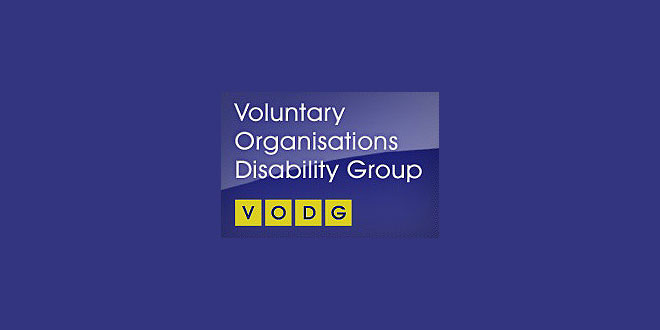Effective Complaints Processes Are A Hallmark Of High-Quality Person-Centred Care
 As part of VODG’s (Voluntary Organisations Disability Group) commitment to the NHS England Ask, Listen, Do campaign, the infrastructure body for disability organisations is hosting a roundtable on the importance of listening to and acting on the views of the people they support.
As part of VODG’s (Voluntary Organisations Disability Group) commitment to the NHS England Ask, Listen, Do campaign, the infrastructure body for disability organisations is hosting a roundtable on the importance of listening to and acting on the views of the people they support.
The NHS England initiative encourages providers of health, social care and education services to learn from and improve the experience of people with learning disabilities, autism or both and family carers when they give feedback, raise a concern or make a complaint.
A recent survey of people with learning disabilities/autism and their family carers found that:
- Nine out of ten people said that they wanted to raise a concern or make a complaint about their health, social care or education support at some time.
- Two out of three people said that they sometimes or never know how to raise a concern or make a complaint.
- Seven out of ten people said that they did not feel that their complaint had changed the way the organisation supports people.
Carl Shaw, learning disability advisor for NHS England, commented on behalf of people with a learning disability or autism:
“Children, young people and adults with learning disabilities, autism or both and their families and carers are telling us that they aren’t being listened to when they give feedback, raise concerns or make complaints. This also reflects my own experience.
Not listening to people can lead to major health inequalities. Because of this we have asked organisations across health, social care and education to sign up to our principles. Ask means that organisations seek people’s views about the services they provide, Listen means that organisations really listen using any way that a person wishes to communicate and Do means that they do something about it for the better. This will improve the lives of people with learning disabilities, autism or both and will significantly reduce health inequalities.”
Michael King, the Local Government and Social Care Ombudsman says:
“We fully support the goals of the Ask, Listen, Do project. We know the complaints system can be a real labyrinth for people throughout the care system to navigate, so in July with our partners we launched our Single Complaints Statements which set out best practice for care providers on dealing with complaints and feedback about their services, and a second for people who receive care, including those with learning disabilities, autism or both, and their families so they feel they can speak up, be heard and understand what their providers will do in response.”
VODG chief executive Dr Rhidian Hughes says:
“People with learning disabilities or autism often face additional difficulties in giving feedback, raising concerns or making complaints. Support providers are responsible for making sure their feedback and complaints systems are fully accessible for people using their services, and families and carers. Organisations that do so are much better placed to deal with any concerns at the very earliest opportunity. Having effective feedback and complaints processes is one of the hallmarks of being a good support provider, committed to delivering high quality person-centred care.”





